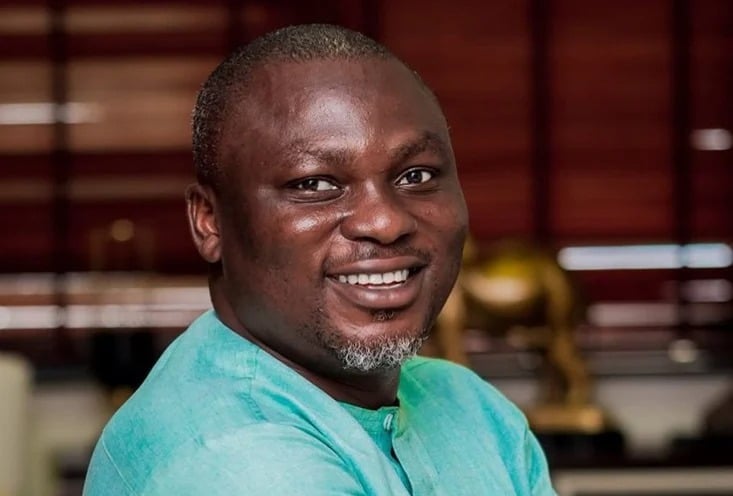Kwabena Frimpong, the Deputy Protocol Director of the New Patriotic Party (NPP), has vehemently opposed a proposed change to the party’s internal election process. This proposal suggests electing the party’s flagbearer before other internal positions are filled, a departure from the established norm. Frimpong argues that this change would undermine the party’s democratic foundations and grassroots participation, potentially leading to an imposed leadership and exacerbating internal divisions. He has publicly addressed this concern in an open letter to the party’s National Chairman and General Secretary, urging them to uphold the traditional bottom-up approach to leadership selection.
Frimpong emphasizes the NPP’s strength lies in its grassroots structure, starting from the polling stations and extending upwards through electoral areas, constituencies, regions, and finally to the national level. Electing a flagbearer before these foundational levels are established, he argues, effectively silences the grassroots and disregards the democratic principles upon which the party is built. This top-down approach risks creating a power imbalance where the chosen flagbearer could exert undue influence over the subsequent selection of party executives at all other levels, potentially leading to the imposition of preferred candidates and a stifling of genuine competition.
The established practice within the NPP has been to rebuild and solidify its internal structures before choosing a flagbearer, a process that Frimpong believes has helped the party avoid internal strife. Reversing this order, he warns, could deepen factionalism as potential flagbearer aspirants might attempt to install loyalists throughout the party hierarchy, jeopardizing the party’s unity and cohesion. This could lead to conflicts of interest, power struggles, and ultimately weaken the party’s ability to effectively contest the 2028 general elections.
Frimpong’s argument centers on the importance of upholding established procedures and institutional precedents. He stresses that the NPP’s traditional approach prioritizes party organization over individual presidential ambitions, ensuring a strong and unified front before focusing on the selection of a leader. Arbitrarily changing this process, he contends, sets a dangerous precedent where party rules are manipulated for political expediency, potentially undermining the integrity of the entire electoral process. He reminds the party leadership that respecting established procedures is crucial for maintaining internal democracy and ensuring the long-term health and stability of the party.
Frimpong’s call to action urges the party to maintain its bottom-up approach, citing the party’s four presidential electoral victories since 1992 as evidence of its effectiveness. He advocates for strengthening the party from its grassroots foundation, ensuring a united and well-prepared front for the 2028 elections before turning to the selection of a flagbearer. He uses the analogy of building a house, emphasizing that a strong foundation must be laid before the roof can be installed. This approach, he asserts, will ensure a solid and stable structure capable of withstanding the challenges of a national election.
This debate within the NPP comes at a time of speculation about the party’s future leadership. While recent polls indicate significant support for Dr. Mahamudu Bawumia as the party’s flagbearer for the 2028 elections, other prominent figures like Kennedy Agyapong and Brian Acheampong are also considering contesting the position. Frimpong’s intervention adds another layer of complexity to this already charged atmosphere. His insistence on prioritizing internal party democracy and grassroots participation raises crucial questions about the future direction of the NPP and the potential consequences of deviating from established procedures. The party leadership now faces the challenge of navigating these competing interests and ensuring a transparent and inclusive process that strengthens, rather than weakens, the party’s foundation.














